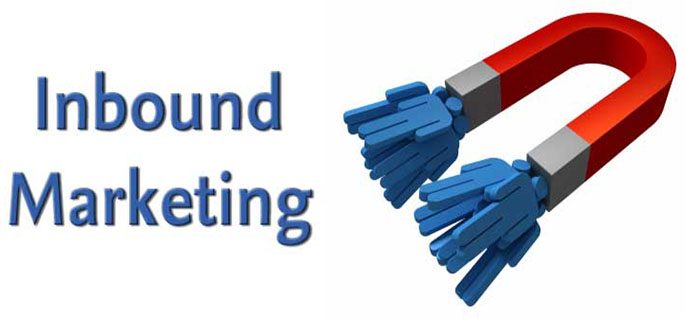
BPO is an outsourcing model that uses information technology (IT), typically over the Internet, in the delivery of the outsourced process. This type of outsourcing has all of the same features as ordinary BPO with the inclusion of IT as the service delivery mechanism. ITES BPO has emerged as a viable category of outsourcing as the Internet has increased in ubiquity.
Appsource is a leading provider of Information Technology and BPO (Business Process Outsourcing) Services. At Appsource we offer a wide a range of services spread across sectors like Telecom, FMCG, Collections, Insurance and Financial Services. Appsource provides call center services throughout the customer life-cycle, right from customer acquisition to customer care and even collections.
Our services span the following industries:
- - Banking and Capital Markets
- - Insurance
- - Healthcare and Pharma
- - Telecom
- - Media, Publishing and Entertainment
- - Utilities
- - Hi-Tech and Manufacturing
- - Retail and Consumer Packaged Goods
- - Travel, Transportation and Logistics

Enterprises are increasingly looking to create value through high quality business expertise and superior productivity. Knowledge Process Outsourcing (KPO) can help them on this front by improving the time-to-market, give access to special skills and enhance organizational effectiveness.
Growing at a rapid pace, the global KPO industry encompasses areas like data search, integration and management services, financial services, research and analytics, technology research, computer aided simulation and engineering design, and professional services such as business research and legal services. Unlike conventional BPO, where the focus is on process expertise, the focus in KPO is on knowledge expertise and requires service providers to possess advanced technical and analytical skills.
We deliver value to our customers across verticals with our KPO services: Banking & Financial Services, Insurance, Retail Logistics & Telecom, Manufacturing, and Healthcare & Life Sciences.
- - Flexible engagement model aligned to our strategic client objectives
- - Proven execution track record with focus on global delivery and culture of customer centricity, responsiveness and innovation
- - Zero-defect culture
- - Pool of domain experts that understand client business
- - 24x7 work environment to meet clients’ geographical needs
- - In-depth understanding of regulations and risks involved in businesses
- - A strong governance framework to align services to the business and delivery requirements

Sharing is caring and inbound is about creating and sharing content with the world. By creating content specifically designed to appeal to your dream customers, inbound attracts qualified prospects to your business and keeps them coming back for more.
Businesses that target customers in different countries typically find local marketing difficult and expensive. Global inbound marketing solves this problem. Marketers can use the same content to generate inbound website leads from all around the world. International SEO makes it easy to target specific geographies. Social media provides a fast way to achieve global reach at a low cost.
Consilium includes a uniquely comprehensive international marketing component in our overall consulting approach. Properly positioning your company and brand in strategically important markets is critical. Period. But there are resources required, and sometimes it’s just too much to undertake. But there’s one component which EVERY company should be undertaking for their domestic business – international inbound marketing – and building on that Consilium’s expertise can unlock enormous international opportunities for you…from your home office.

Outbound International is the traditional form of marketing where a company initiates the conversation and sends its message out to an audience.
Outbound marketing examples: Tradeshows, TV commercials, radio commercials, print advertisements (newspaper ads, magazine ads, flyers, brochures, catalogs, etc.), cold calls, and email blasts.
Social media Web 2.0 has added an array of new tools and practices businesses can use to reach their target consumers. "Push" and "pull" were the terms initially used to differentiate between traditional marketing that's thrust upon consumers and the newer, permission-based marketing that takes advantage of the social web to draw consumers in. Although the paradigm remains the same, references to outbound and inbound marketing, popularized by Internet marketing firms such as HubSpot, Conversionation, and Joppa Communications, largely have replaced the former terms push and pull.
The primary benefit of outbound marketing is that consumers are familiar with it. The medium doesn't get in the way of the message, as it can with inbound marketing, which is delivered via technologies that many consumers still struggle to understand and to trust. Consumers are accustomed to television and radio ads, for example, and may even look forward to Sunday newspapers specifically because of the ads. Even in cases like direct mail, which generates trash that consumers have to dispose of, familiarity is nonthreatening.